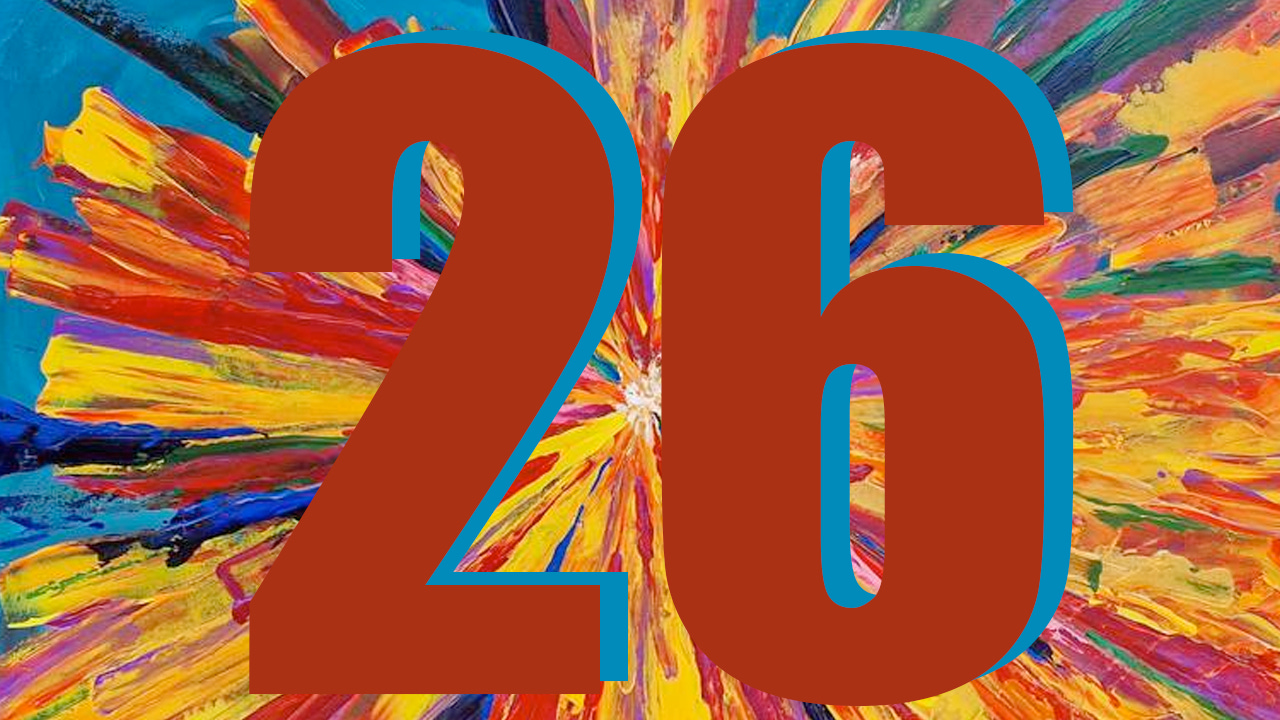What's a number?
Or how Apple renaming its operating systems is actually Really Quite Clever
Yeah, you probably know what a number is but… what actually is a number?
The reason I’m asking is because of Apple.
Over the last week or so, various rumours surfaced that the company is about to change the numbering system for its software.
Effectively, the name of its OSes will shift from incremental versions to the year it serves. This means a big jump in numbering, for example:
iOS 18 > iOS 26
iPadOS 18 > iPadOS 26
macOS 15 > macOS 26
This, the rumours posit, will happen across every bit of Apple software. And this begs some questions: why? What does it mean? And does it even matter?
I won’t lie, my first thought was this was silly, like adding “2000” to a product to make it feel more futuristic.
Sadly, it works. It hits our monkey brains just right. A bigger number sounds better. More important. It signifies there’s more of that thing, so that thing must be great.
This, on some level, played into Apple’s decision to change the numbering system of its OS stable. I guarantee that if the number had to, somehow, go down, the company wouldn’t have made this change.
But because iOS 19 will be named iOS 26 instead — and the latter number is larger — it’s all good. Bigger numbers go brrrrr, after all.
It’s kinda irritating how our brains can’t be trusted. I really wanted to make fun of Apple changing its OS number system, saying it was a waste of time, and there are so many other things they could’ve done, but… I like it. It feels great.
The fact that every operating system will have the same number feels like my brain is getting a warm, bubbly bath alongside a relaxing, oily massage. I hate that I love it. I hate that my brains love it.
Humans like symmetry. We’re fans of patterns. There are a number of explanations for this. Some research, for example, has attributed this to facial symmetry, which is a sign of attractiveness in other humans because it suggests good health and strong genetics. Because of this, we find symmetry positive in other situations.
Another potential reason for this Good Feel is the the processing fluency theory of aesthetic pleasure. This says that things which are easier for our brains to process — such as recognisable patterns or matching numbers — are often perceived as pleasing or beautiful.
Basically, our brains are lazy. They don’t want to work, so reward us when something is simple to understand. The less cognitive load we’re under, the more we enjoy it.
And Apple has recognised this with its revised naming.
It has history with this. You see something like “AirPods” written down and you get it. Put a “Pro” after that and you continue to get it. It makes sense. It’s satisfying.
Compare that to Sony’s WH-1000XM5 or LG’s OLED65C46LA as examples.
Without prior knowledge, it’s impossible to work out what those products are. It’s confusing. It makes the products themselves confusing.
And when I’m confused, I get scared, and when I get scared, I get angry, and when I get angry I piss myself.
Who wants to be covered in piss? Literally only dozens of us.
As irritating as it is to say, decisions like Apple unifying its operating system names matters. It hits a part of our brains we can’t control and makes us go, “yeah, this feels right, this feels good.”
Because that’s the goal of all these companies: to manipulate us into connecting them to a sense of completeness and symmetry.
So what’s a number? It’s a weapon.




Love this piece and totally agree. Our company went to a year numbering system for our catalougue of SW products about 5 years ago; from low numbers with a lot of "dotted" numbers as suffixes, sometimes, one, sometimes two, sometimes three... Then overnight, we were had a lot of "big number" products, 2020, 2021,... 2025! Wow! It works and I like it a lot more. Don't tell me we beat apple to the mind games. Thanks Cal. Insightful as always.